CLEAN POWER FOR TRANSPORT
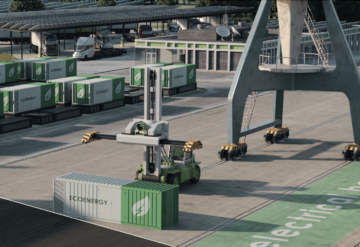
To fulfil climate targets, we need to make mobility greener. In doing so, we need to focus not only on making current mobility solutions greener, but also on shifting to more environmentally friendly forms of transport. Thus, the Clean Power for Transport action plan focuses on greening the vehicle fleet across all segments and rolling out the necessary infrastructure. For this, the Department of Mobility and Public Works also works together with foreign partners where possible for knowledge exchange and cross-border solutions.
Objectives
The Clean Power for Transport action plan aims to achieve the green transition in mobility based on 9 objectives:
- Stimulating supply and demand in the zero-emission vehicle market
- Investing in charging infrastructure
- Developing high-performance batteries
- Leveraging the efficiency of light electric vehicles
- Turning niche and corporate fleets into zero-emissions leaders
- Committing to battery-electric vehicles for freight transport
- Setting up zero-emission zones
- Getting support from the private sector and knowledge institutions
- Working with cities, towns, other regions and countries in Europe
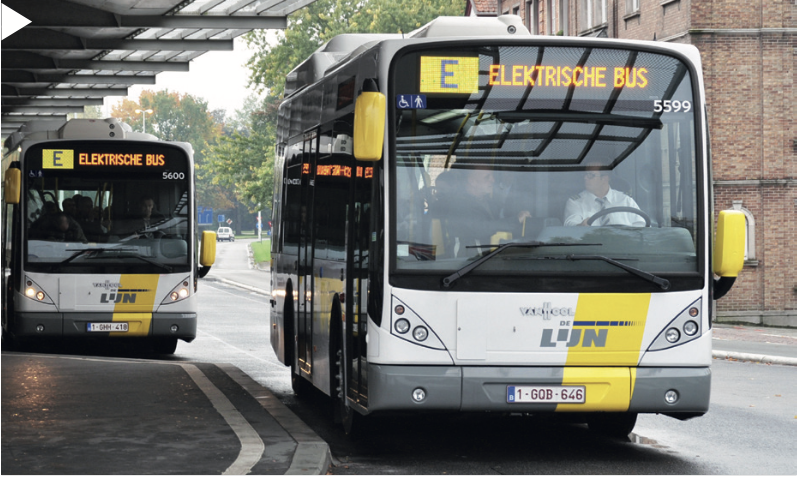
In the period 2021-2030, the ambitions of the action plan have been scaled up:
- From 2029, all newly sold passenger cars will be emission-free
- From 2025, city centres will be supplied emission-free
- From 2025, public transport will run emission-free in city centres
- By 2035 at the latest, all buses in Flanders will run emission-free
European partnerships
Flanders is part of several European projects around green mobility. With the RH2INE and CONDOR H2 projects for example, we are working on greening inland and maritime shipping respectively. The PIONEERS project aims to develop a European master plan to enable climate-neutral shipping and other multimodal transport by 2050.
Within IDACS, we laid the basis for the obligations in terms of data exchanges for AFIR, together with 15 partner countries. Within BENEFIC, we were first in the EU to coordinate a cross-border grant scheme to effectively roll out alternative fuels infrastructure in Flanders, Brussels and the Netherlands.
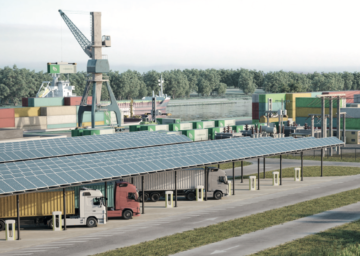
Help build a clean future
The Department of Mobility and Public Works is on the right track, but there is still a lot of work to do in order to make our mobility entirely green, including around public transport and freight. The Department of Mobility and Public Works is therefore interested in cross-border projects that would allow us to address these challenges together. Equally, they want to share their own knowledge, in order to arrive at the best possible solutions internationally.
CONTACT

Latest insights & stories
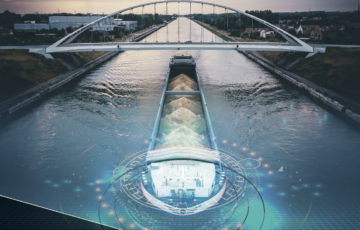
SMART SHIPPING
With a navigable waterway network of over 1,000 km, inland navigation in Flanders is an interesting alternative to road freight transport. With Smart Shipping, we want to improve the efficiency of that inland shipping network. Data sharing, logistics innovation and vessel automation are a core part of this. Our waterways and the inland waterway transport do not stop at our Flemish borders. That is why working with our international partners is essential.
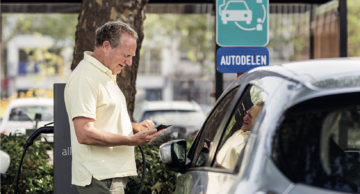
MOBILITY AS A SERVICE
To promote sustainable combimobility, we are working on Mobility as a Service (MaaS) in Flanders. MaaS gives users access to multimodal transport solutions with greater user-friendliness, putting the end user at the centre. But organising mobility is a complex task. Users want control and reliability, but also freedom and flexibility. For this, we need reliable apps and agreements with providers and all MaaS actors. A full-fledged MaaS ecosystem, as it were. We are on the lookout for international knowledge sharing and cooperation to ensure combimobility reaches far beyond our own borders.
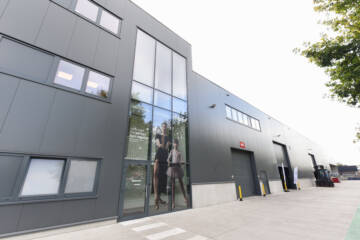
Vandersanden's new Pirrouet® factory extracts up to 2280 tons of CO₂ annually
Vandersanden, Europe's largest family-owned brick manufacturing company, has officially opened the first Pirrouet® factory in Lanklaar. It involves an investment of 32.5 million euros. The plant produces 20 million CO₂-negative Pirrouet® facing bricks annually when at maximum capacity. One ton of these bricks absorbs 60 kg of CO₂ during curing, and the entire production process is powered by green energy from the factory’s solar panels and wind turbine. “With the plant, we are making a significant contribution to CO₂ reduction and reinforcing our ambition to operate completely CO₂ neutral by 2050,” said Johan Deburchgrave, CEO of Vandersanden.